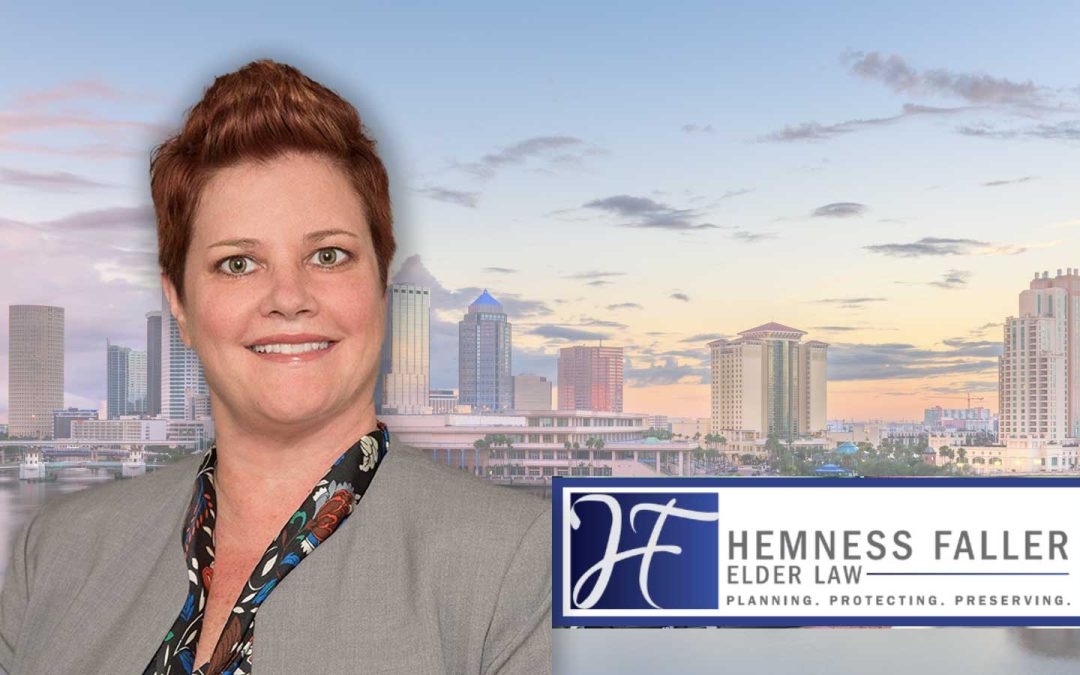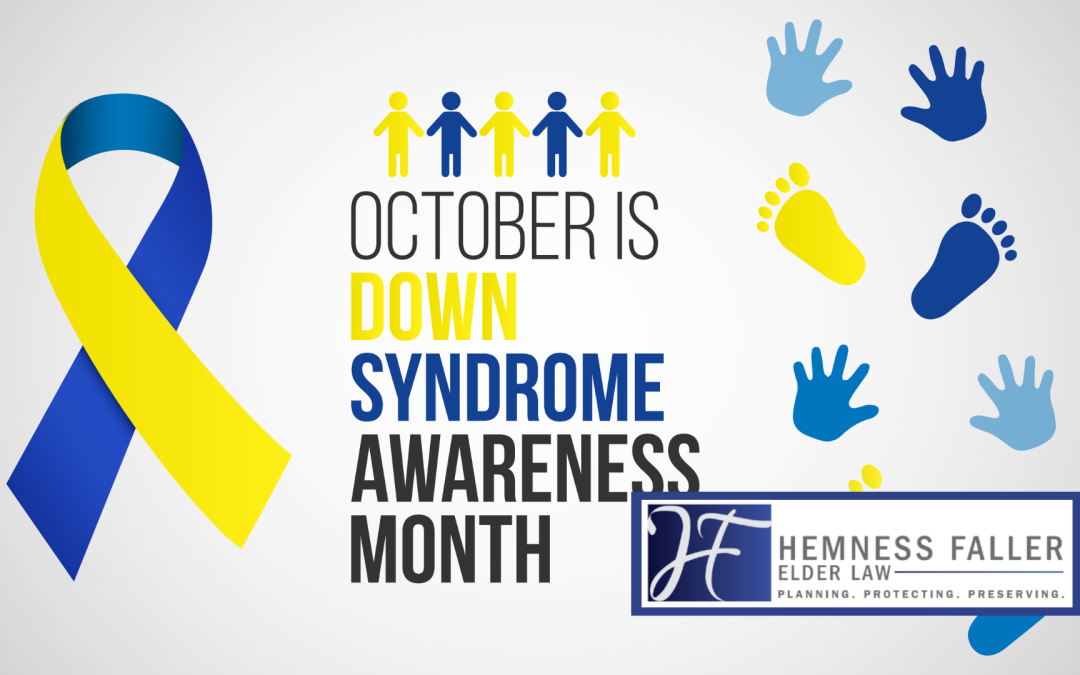1. As a parent of a child with a developmental disability, why would I need a Guardian Advocacy?
Answer: When a child turns 18, you are no longer in the status of a parent. Your child is a legal entity unto themselves. Your child has all the same legal rights over making decisions regarding their money or their medical decisions as you do. At age 18, the LAW sees them as capable of making their own decisions even though you know that nothing has changed from the day before their 18th birthday to the day of their 18th birthday. Guardian Advocacy is a court-process in which the parents are requesting the Court assess the ability of your now adult child’s capability to make good, sound decisions regarding important matters that affect their money (their property rights) or their body (decisions regarding their medical treatment). If the Court hears enough evidence that your child is not capable of making decisions regarding their property rights or rights regarding their person, then the parent will be appointed as the legal decision-maker. It is like a transfer of rights granted to the child imply because they turned 18 to the parent who has always made critical decisions from many years before turning 18.
2. My adult child is high functioning. Should I just use a Durable Power of Attorney?
This question is a common question, and a very good question. A Durable Power of Attorney can be signed by any person 18 and over who has the ability to understand what they are signing and the significance of what they are signing. A Durable Power of Attorney is a legal document which shares the ability to make all kinds of decisions with the person who is being appointed. The important word here is “sharing” decisions. With a Durable Power of Attorney, the giver/the principal/the signor is giving permission to the person being appointed to do the same thing he/she has the ability to do. However, the person is not stopped from doing whatever it is they want to do. They can continue to make decisions regarding their money and decisions regarding their medical care or health care. If an adult child with disabilities can understand the basics of the legal document — the Durable Power of Attorney — and sign it, it doesn’t mean that the child has given away the ability to continue ot make his/her own decisions. In essence, the concern that a parent has about an adult child making the wrong decisions or falling under the influence of a person who convinces them to make wrong decisions, this concern is not alleviated. The adult child still has the absolute freedom to do whatever it is he/she decides. A Durable Power of Attorney will not keep an adult child from harming or injuring himself both medically or monetarily. A parent will have to sit by and allow it to occur if the adult child wants it.
3. What are some of the things a parent can do on behalf of their child if they obtain the Court’s order of Guardian Advocacy?
Our laws are very concrete when it comes to protecting any person’s ability to make his/her own decisions. For example, if a person is getting older and starts suffering from dementia, it requires a whole process of evaluation to make sure this older person’s rights can be removed for his/her best interest or to protect the older person from, say, financial exploitation, or unhealthy/unsafe environments. One cannot just get a person’s civil rights removed without the legal process (due process) from being carefully followed. In asking the Court for a guardian advocacy, the intellectual or developmental impairment of the adult child must be proven. And, the child will have his/her own attorney advocate appointed by the Court to ensure the child’s position of possibly keeping his/her rights is being put before the Court. The parent will need to weigh what rights (or decision-making authority) the parent is willing to assume. These rights fall into the category of property rights or personal rights. For example, a property right is the right to contract. So, if you do not want your adult child to sign up for a credit card and go charge up thousands of dollars, the parent will want to make sure the parent has assumed this decision making ability and removed the right to contract left in the child’s authority. As it relates to rights over the person, we are talking about the parent assuming the right to make decisions regarding the physical wellbeing of the child, whether this involves talking to doctors or making decisions about who the adult child can associate in a social setting. Parents don’t want to see their child run with the wrong crowd and get hurt because they are too trusting.
4. What can I anticipate in the Court process and do I need an attorney?
This is a really good question because the law has evolved to the point where parents can navigate this legal process through the Court by themselves under limited circumstances. Unfortunately, just because parents may have heard the law allows for them to go to Court without a trained lawyer by their side, it doesn’t mean that they will be able to navigate the process effectively or sufficiently. A parent may not foresee some of the challenges they may have with their adult child and fail to ask for rights to be removed from their child. They may find themselves in the future without the ability to make, for instance, medical decisions because they didn’t know to ask the Court for this permission in the initial process. Other parents may begin the process without legal counsel only to find that they are overwhelmed and confused with the amount of paperwork involved. They may not know how to fill out the paperwork. Or, parents may have questions regarding the paperwork. If the parents inaccurately fill out the paperwork, the Court has no choice but to require the parent to go back and start over again. This causes additional stress for the parent who is already handling the day to day affairs of their child with special needs. A special needs lawyer who has years of experience in this area can be the best choice a parent makes, rather than forging ahead without having the assistance of a legally-trained professional. It’s like trying to play football without a quarterback, a key player who understands the rules and can prevent unnecessary waste of time and effort.






